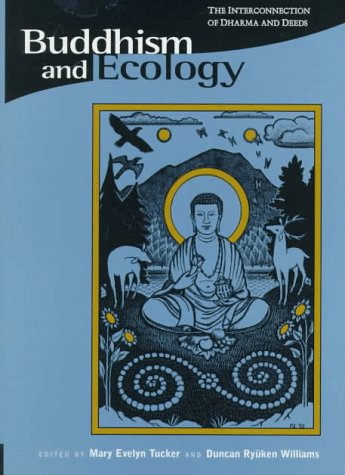Religions of the World and Ecology
1 total work
Given the challenges of the environmental crisis, Buddhism's teaching of the interrelatedness of all life forms may be critical to the recovery of human reprocity with nature. In this work, 20 religionists and environmentalists examine Buddhism's understanding of the intricate web of life. In noting the cultural diversity of Buddhism, they highlight aspects of the tradition which may help formulate effective environmental ethics, citing examples from both Asia and the United States of socially engaged Buddhist projects to protect the environment. The authors explore theoretical and methodological issues and analyze the prospects and problems of using Buddhism as an environmental resource in both theory and practice. This volume inaugurates a larger series examining the religions of the world and their ecological implications which is designed to shape a field of study involving religious issues, contemporary environmental ethics, and public policy concerns.
